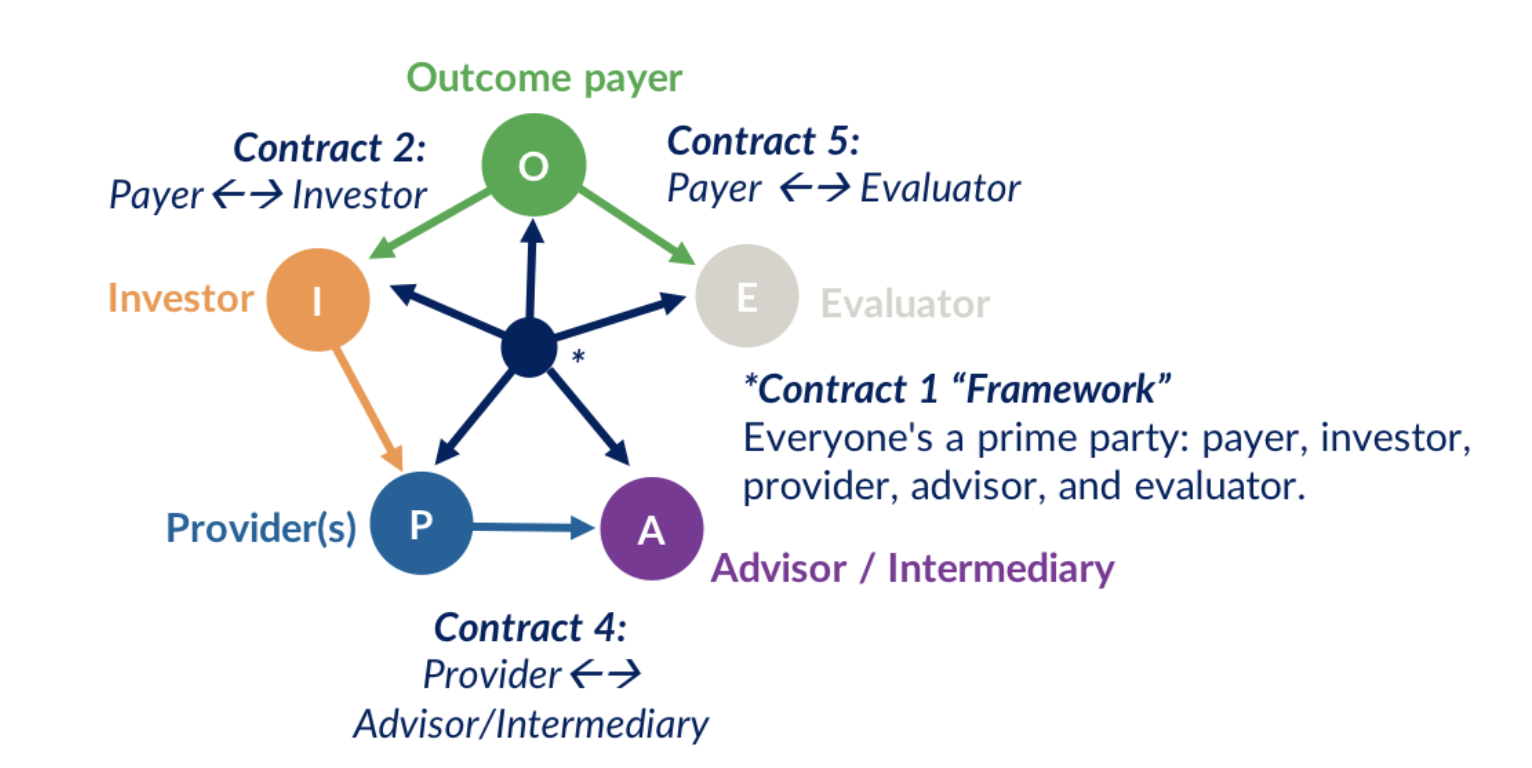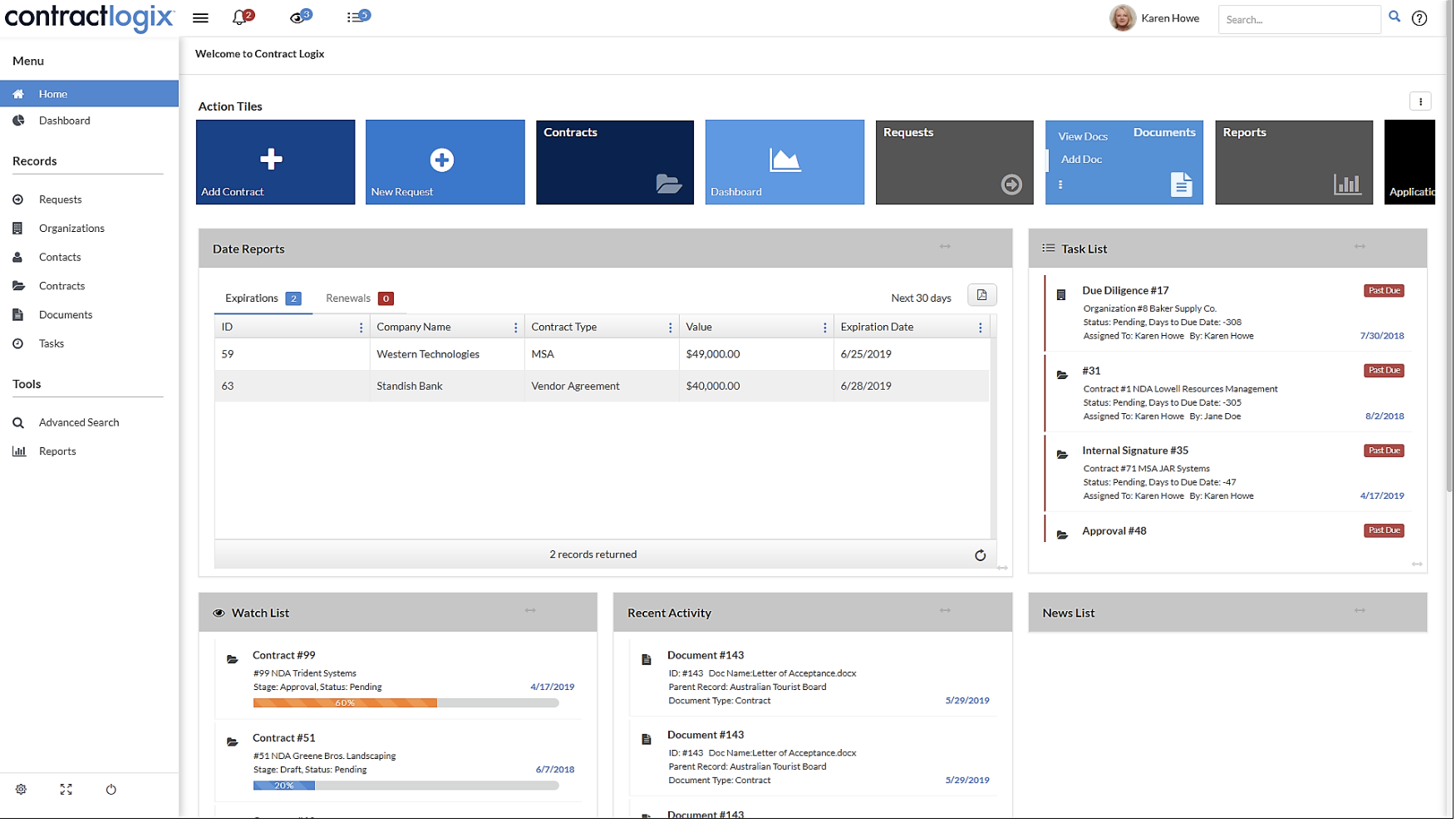What is an Outcome-Based Security Contract?
June 30th, 2023
By 2025, it’s predicted that cybersecurity risk will be a key factor for 60% of organizations in third-party transactions and business engagements. This suggests a potential increase in the use of outcome-based security contracts (OBCs). In 2022, over half of contract payers had at least one OBC, indicating a significant shift in how organizations procure and manage security services.
This trend reflects a growing interest among stakeholders to tie payments to concrete, measurable outcomes, particularly for new products with limited real-world benefits. This guide explains what OBCs are and how to implement them effectively.
Key Takeaways
- Outcome-based security contracts tie the payment of service providers to the results they deliver rather than the resources they expend. This approach focuses on achieving specific outcomes and measurable results.
- Businesses are turning to outcome-based security because they offer better value for money as payment is directly linked to the achieved outcomes.
- Measuring and quantifying outcomes can be difficult, especially in complex and dynamic security environments. Factors beyond the service provider’s control, such as changes in the threat landscape, can impact the achieved results.
😉 Bonus: Check out our 10 Contract Lifecycle Management KPIs Every Business Needs
Outcome-Based Security Contracts

Image Source: https://golab.bsg.ox.ac.uk/toolkit/technical-guidance/awarding-outcomes-based-contracts
An outcome-based security contract is a type of agreement where the service provider’s payment hinges on the results they deliver, not the resources used. This concept, while not new, has gained momentum in the security services industry as businesses strive to maximize the value from contracts.
In traditional service contracts, contracting parties pay providers for hours worked, the number of personnel deployed, or resources expended, with a focus on input. Conversely, OBCs focus on output. The provider is compensated based on their results, such as cutting down security incidents or improving threat response times.
Why Are Businesses Turning to Outcome-Based Security Contracts?
The move toward outcome-based security contracts reflects a desire for better value, accountability, and enhanced performance. Businesses want to ensure that the money they spend on security services yields the desired outcomes, such as reduced risk, improved safety, and enhanced business continuity.
1. Value for Money
OBCs enable businesses to extract more value from their investment. By tying payment to results, businesses ensure they only pay for what they get.
2. Enhanced Accountability
OBCs place the onus of delivering results squarely on the service provider. This encourages providers to be more proactive and innovative in their approach to delivering security services.
3. Performance Enhancement
OBCs incentivize service providers to continuously improve their performance. These incentives lead to better security outcomes for the business.
Challenges of Outcome-Based Security Contracts
Despite their potential benefits, OBCs are not without challenges. Studies show that while over 70% of payers with at least one OBC preferred contracts with both claims-based and clinical outcomes, more than half did not feel that claims-based outcomes were a good proxy for measurable benefits. This highlights the difficulty in accurately measuring and quantifying outcomes, particularly in complex and dynamic environments such as security.
In the context of security services, defining and measuring outcomes can be challenging. What constitutes a successful outcome? Is it the absence of security incidents, or the swift resolution of incidents when they do occur? Furthermore, not all outcomes are within the control of the service provider. External factors, such as changes in the threat landscape, can significantly impact results.
In addition, implementing an outcome-based security contract requires a significant shift in mindset for both businesses and service providers. Both parties need to move away from traditional, input-based contracts to a result-focused approach.
How to Implement an Outcome-Based Security Contract
Implementing an outcome-based security contract requires careful planning, clear communication, and ongoing management. Here are some steps businesses can take to successfully implement an OBC:
1. Define Clear Outcomes
The first step is to clearly define what outcomes you want to achieve from the security contract. These outcomes should be specific, measurable, attainable, relevant, and time-bound (SMART).
2. Develop Key Performance Indicators (KPIs)
Once the outcomes have been defined, develop KPIs to measure their performance. These KPIs should be realistic, relevant, and clearly linked to the defined outcomes.
3. Establish a Performance Monitoring System
An effective system for monitoring and evaluating performance is essential for the successful implementation of an OBC. This system should provide real-time insights into the service provider’s performance, and it should be easy for both parties to access and understand.
4. Communicate Expectations Clearly
Clear and open communication is key to the success of an OBC. Both parties should understand what is expected of them and what the consequences are for not meeting these expectations.
5. Be Flexible
The implementation of an OBC requires flexibility. Outcomes may need to be adjusted based on changes in the business environment or the threat landscape. The contract should allow for changes to be made as required.
Transform Your Contract Management Today with Contract Logix

With Contract Logix, you can streamline your entire contract lifecycle, from creation and negotiation to approval and renewal. This means you no longer have to deal with manual, time-consuming contract management processes.
It provides benefits like enhanced visibility, control, and compliance. It also enables you to seamlessly collaborate with your team, track key milestones, and ensure no important deadline is missed. Our robust features, including automated workflows, contract templates, and advanced reporting, empower you to optimize your contract management and drive better business outcomes.
Schedule a personalized demo today for effortless contract management success.
Looking for more articles about Contract Management? Check out our previous article “Does My Bank Need Contract Management Software?“.
Accelerate Your Digital Transformation With Contract Logix
Download our Data Extraction Product Brief to learn how you can automate the hard work using artificial intelligence


